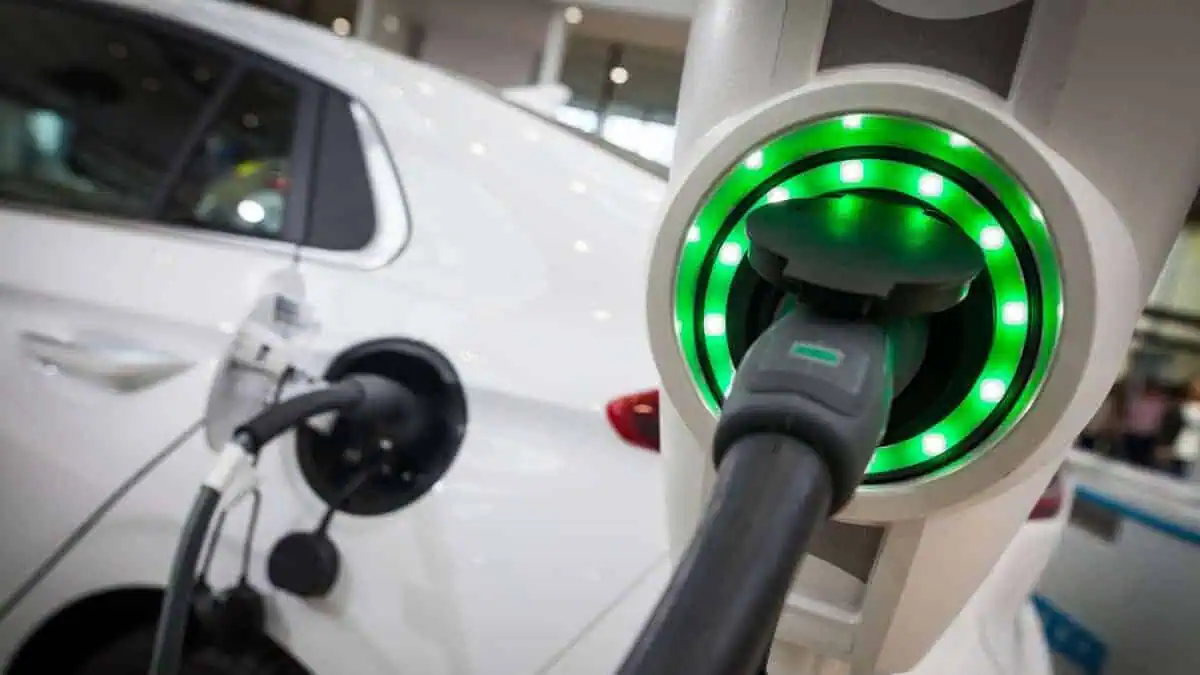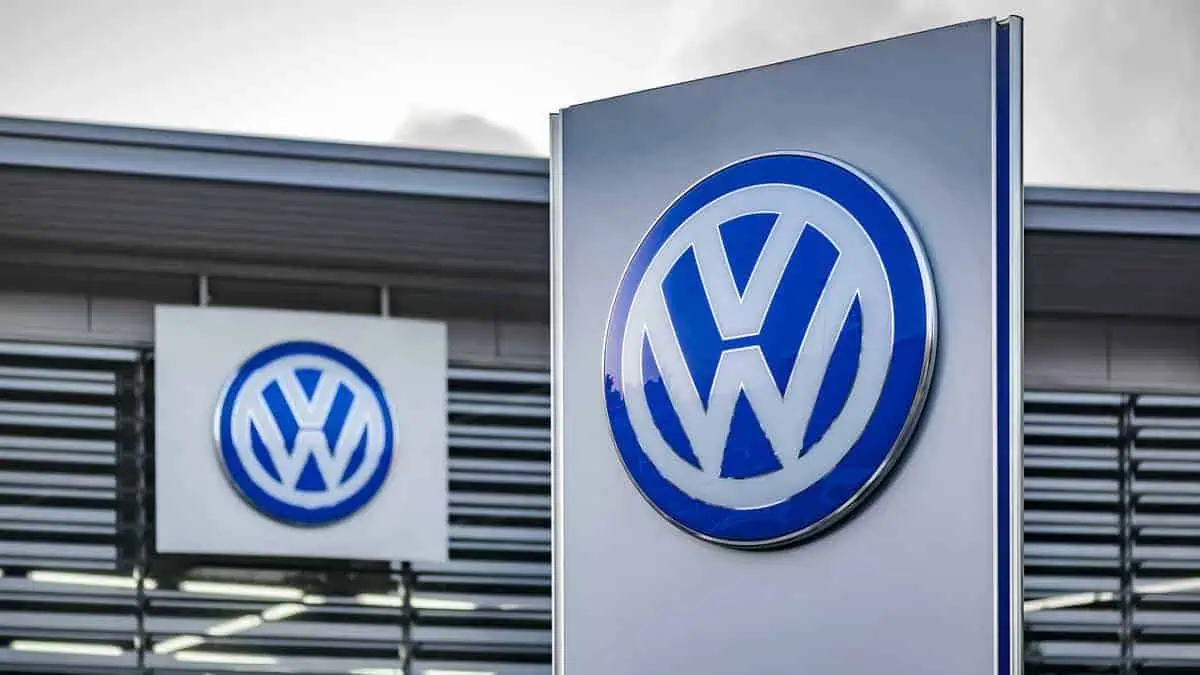A new study released on Tuesday suggests that carmakers may only be able to produce as many EVs as they would like, and customer demand may materialize slower than expected.
Intriguingly, a looming scarcity of battery raw goods could put government mandates “in conflict with manufacturing reality,” according to the 2023 Moving World Report issued by investment firm UP.Partners.
EV battery demand to increase by 2030
Per the 120-page report, obstacles to accelerating EV production and demand in the US include continuous turmoil in global supply chains, inadequate vehicle charging infrastructure, and an overloaded electrical grid.
The report notes that while EV battery demand is anticipated to rise tenfold or more by 2030, a “massive dislocation” between demand and supply of necessary materials such as lithium, cobalt, and nickel is likely to raise the price of EVs to customers — a stark finding as a global price war ignited by leader Tesla escalates.
The study relied on various interviews and cites financial and technical data from research studies conducted by the International Energy Agency, the United States Energy Information Administration, McKinsey & Company, Silicon Valley Bank, Carnegie Mellon University, and others.
To lower aviation carbon emissions
UP.Partners looked beyond land-based vehicles to aviation, noting a dramatic increase in cargo delivery drones in 2022 and a potentially “crippling” pilot shortage by 2030. The move is aligned with its focus on “people and goods movement on the ground, in the air, at sea, and in space.”
Whereas aviation companies seek emerging solutions such as batteries and hydrogen, Managing Partner Cyrus Sigari believes sustainable aviation fuel is the “only rational pathway” to lowering aviation carbon emissions in the coming 20 years.






